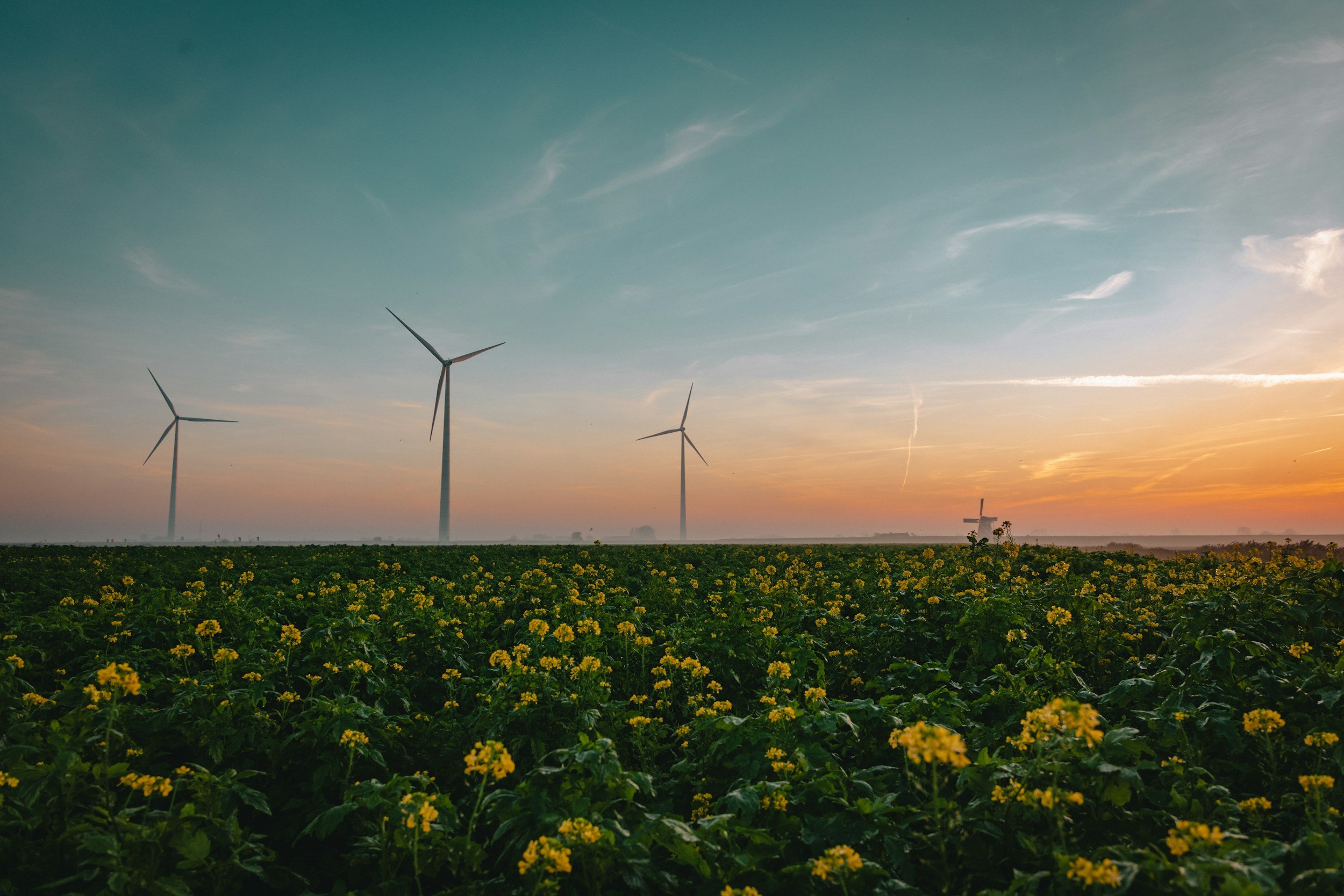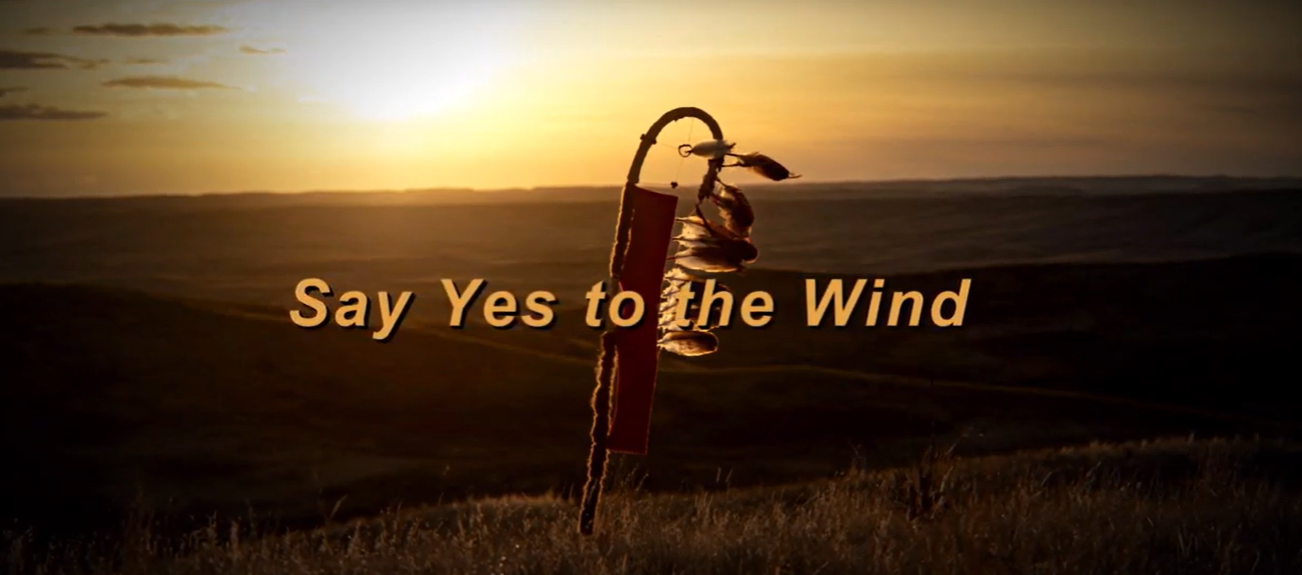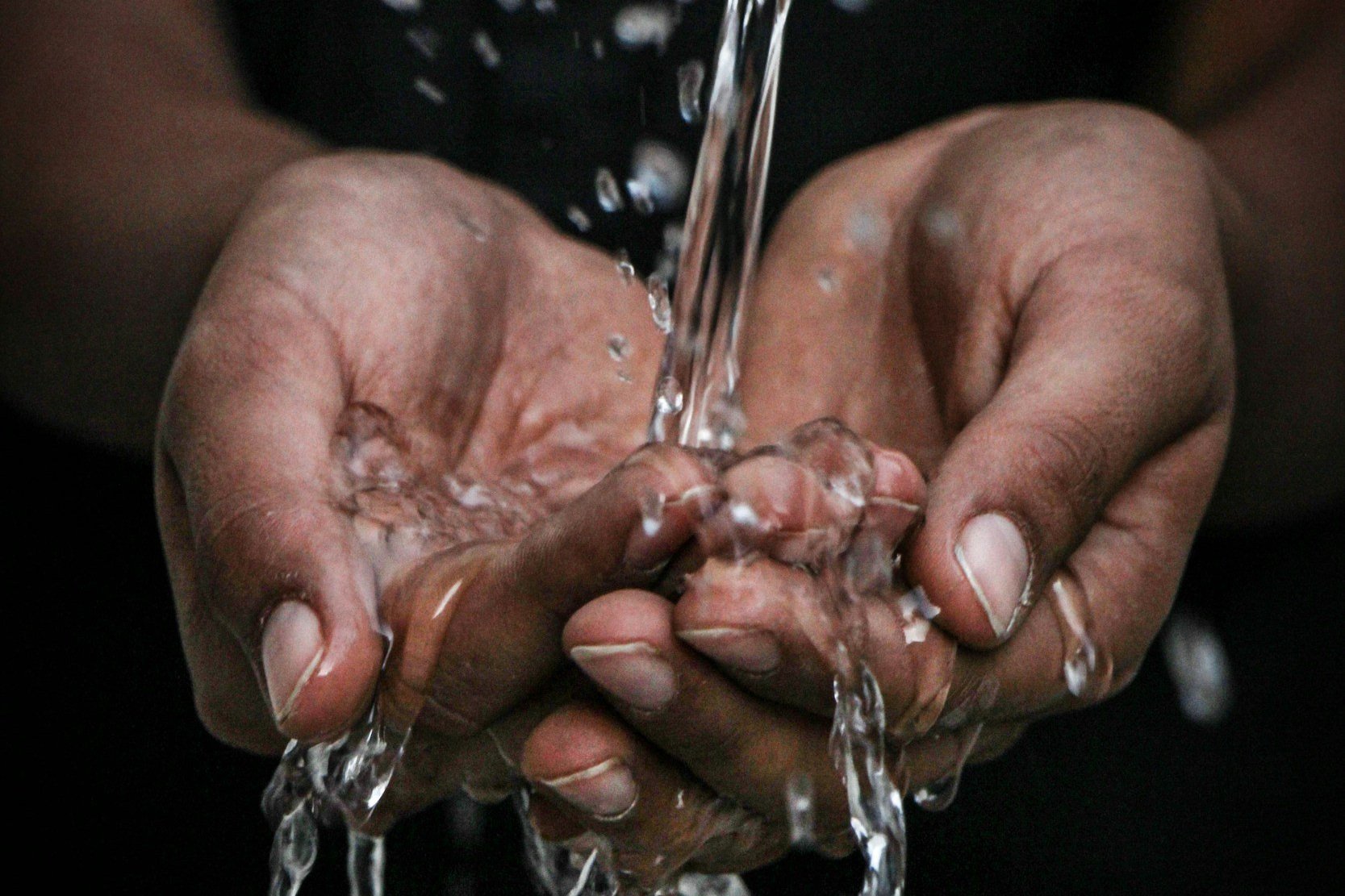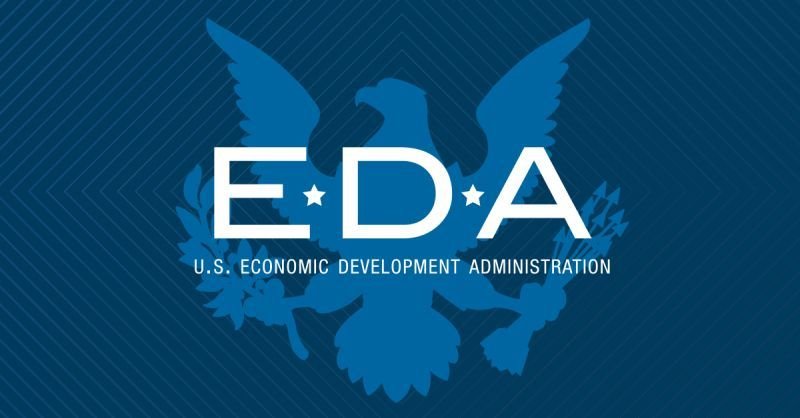
Broadband and telecommunications, are sectors that represent areas of significant infrastructural need with tribal and Native lands, provide tremendous current opportunities for significant funding, and offer fertile ground for new partnerships with non-Native entities and governments.
As tribes work on projects to grow and improve their communities, it is essential that all the various sectors of community economic development are involved in the conversation together through a holistic planning process.
The session featured a panel discussion on the impacts of energy projects on tribal and Native lands. Our panelists Kenneth Ahmann, Ken Stock, and Wendolyn Holland shared a wealth of expertise and insight into the importance and timeliness of the energy sector and its impact on community economic development.
Related: Infrastructure & Utilities Resources
The DOT’s Build America Bureau offers $27 million in technical assistance grants to rural and tribal communities for the planning and design phase development of transportation projects. There is no local funding match required to participate in this program. The Bureau designated up to $10 million for Tribal applicants.
The Tribal section of the Transit Manager’s Toolkit includes information and guidance to ensure that Tribal transit managers are aware of available resources to successfully provide rides for Tribal citizens.
The DOT’s Build America Bureau offers $27 million in technical assistance grants to rural and tribal communities for the planning and design phase development of transportation projects. There is no local funding match required to participate in this program. The Bureau designated up to $10 million for Tribal applicants.
This program from USDA Rural Development helps get safe reliable drinking water and waste disposal services to low-income communities that face significant health risks. Funds can be used to build basic drinking water and waste disposal systems, including systems to handle stormwater drainage.
The EPA sets aside up to 2% of the Drinking Water State Revolving Fund (DWSRF) for grants to improve the infrastructure of drinking water systems that serve Tribes.
The DOT sets aside funds to address transportation safety issues identified by federally recognized tribes through a competitive, discretionary program. Projects are chosen whose outcomes will reduce fatal and serious injuries in transportation related incidents, such as motor vehicle crashes.
A 105(l) lease is an agreement between Indian Affairs and a Tribe or Tribal Organization to reimburse facility costs incurred while carrying out programs, services, functions, and activities (PSFAs).
EECBG Program provides $8.8 million to 774 eligible Tribes, including Alaska Native Regional and Village and can be used to upgrade buildings, install renewable energy equipment, or develop climate and clean energy plans.
The NSFLTP provides funding for the construction, reconstruction, and rehabilitation of nationally significant projects with a minimum expected cost of $12 million within, adjacent to, or accessing Federal and Tribal lands.
The BIA’s Climate Resilience program will support federally recognized Tribes and Tribal orgs as they address current and future climate change impacts on Tribal Treaty and Trust resources, economies, regenerative agriculture, food sovereignty, conservation practices, infrastructure, and human health and safety. All 2024 award applications must be submitted online by October 18, 2024.
This toolkit shares the findings of NCAI’s “Building Tribal Economies” research and outreach initiative, which works to train the focus of Tribal Nations on the strategic, foundational considerations involved with building integrated and resilient tribal economies capable of supporting their communities and citizens today, tomorrow, and for generations to come.
The USDA Community Facilities Direct Loan & Grant program provides grants and affordable funding to develop essential community facilities in rural areas including Tribal communities.
The Indian Community Development Block Grant (ICDBG) Program provides direct grants for development such as decent housing, suitable living environments, and economic opportunities in American Indian and Alaska Native Communities. Projects funded by the ICDBG program must principally benefit low-and-moderate income persons.
The Economic Adjustment Assistance (EAA) (PDF) program is EDA’s most flexible program; it provides a wide range of technical, planning, and public works and infrastructure assistance in regions experiencing adverse economic changes that may occur suddenly or over time.



















This toolkit is intended for a variety of rural entities, including local communities, Tribal governments, and individuals. The majority of information in this toolkit is most relevant to rural entities seeking to install charging stations for broader public or private use.